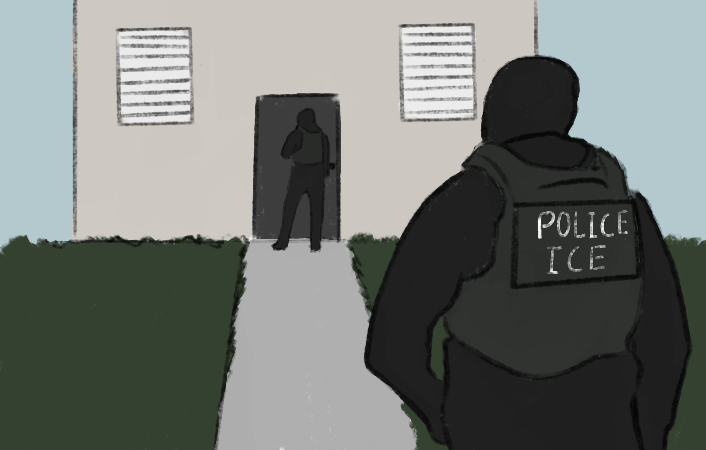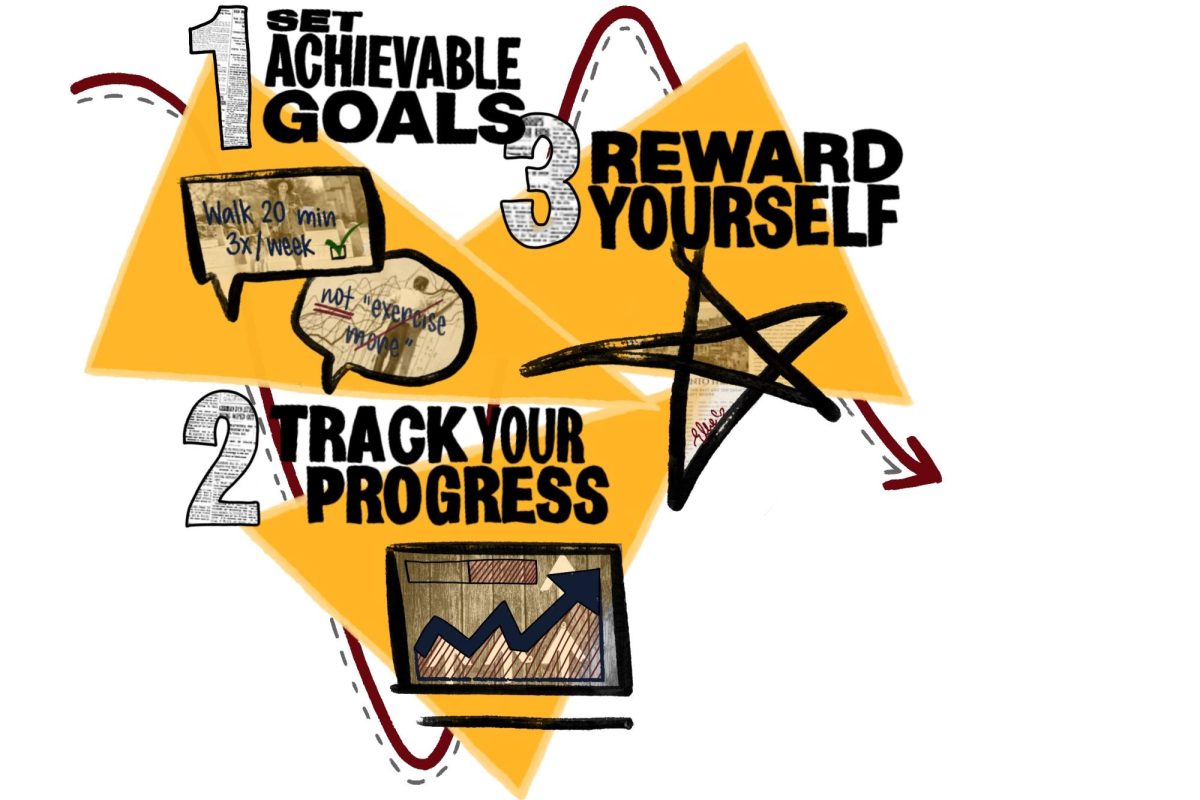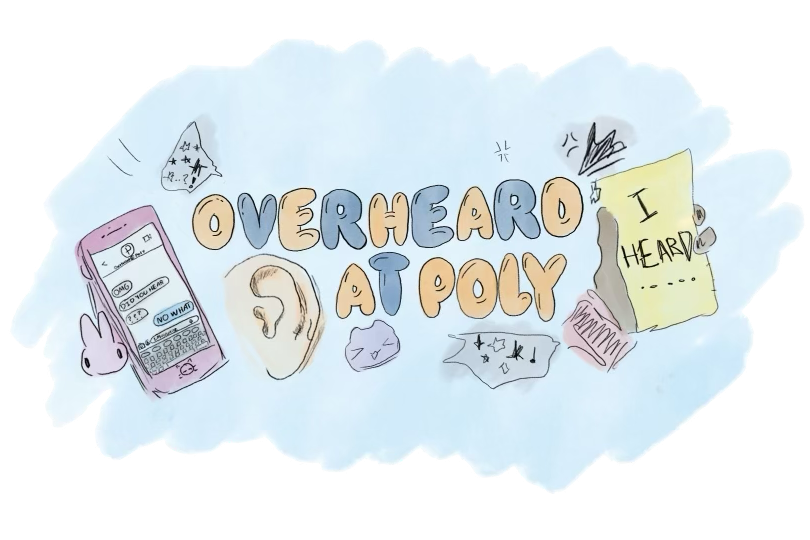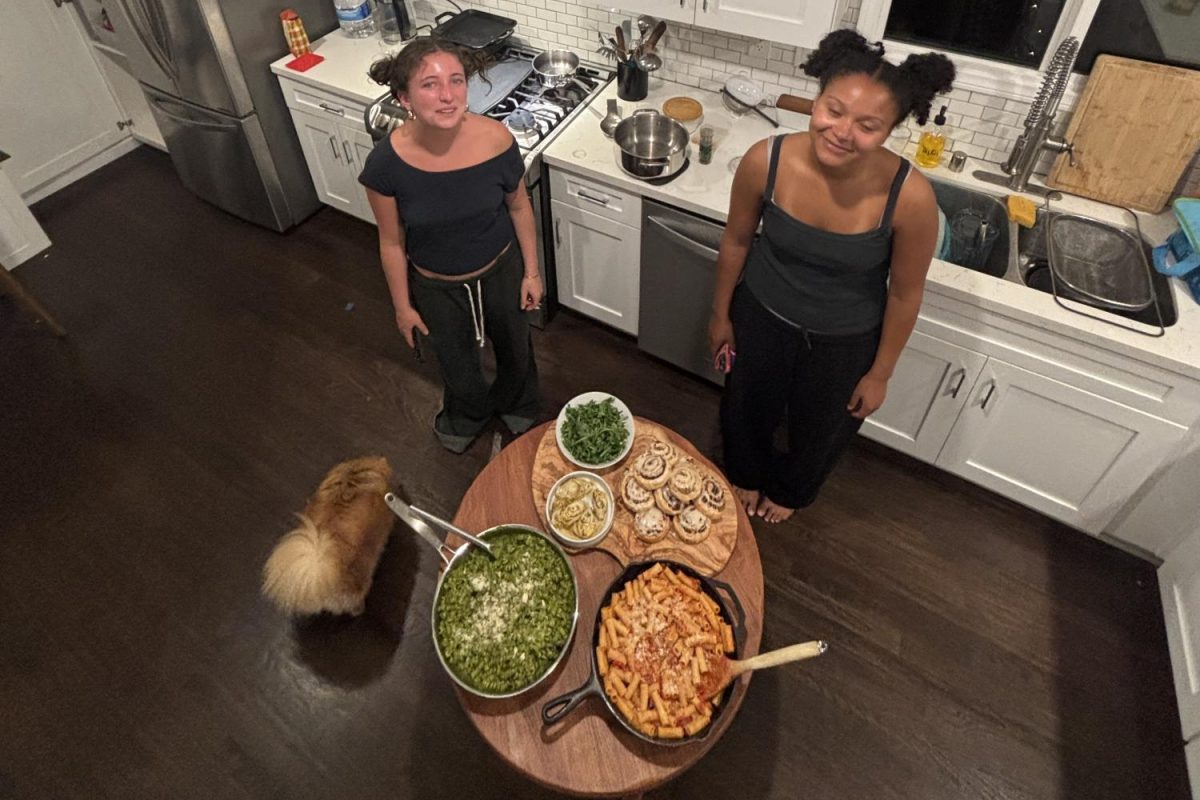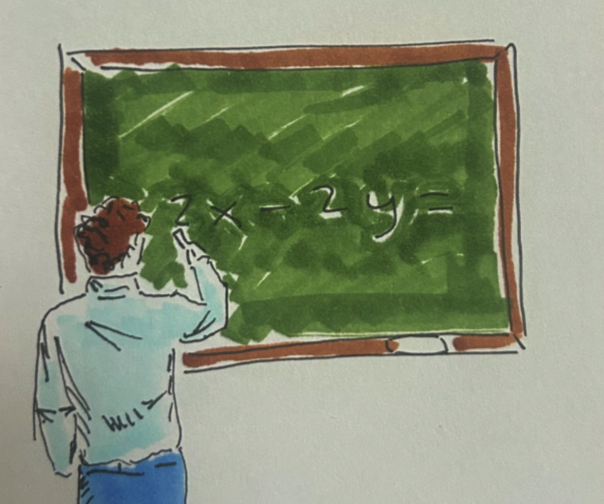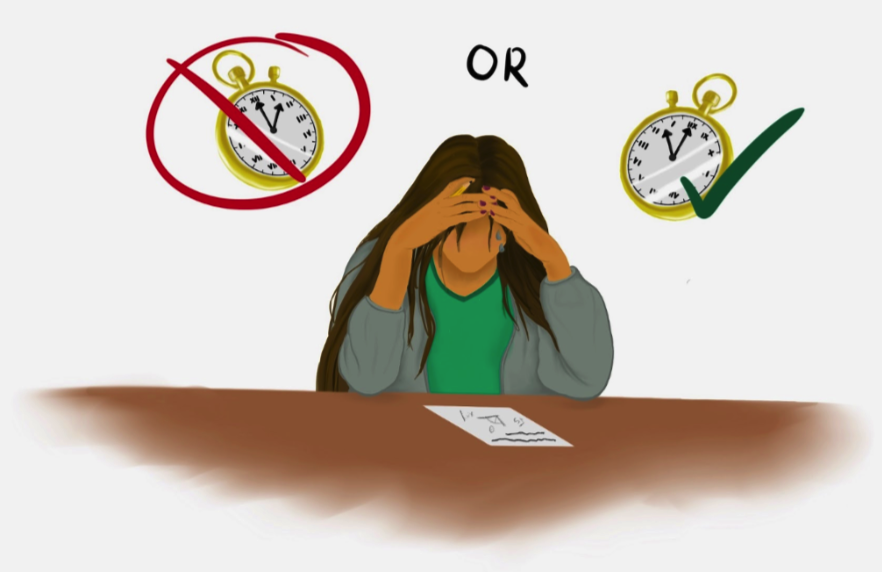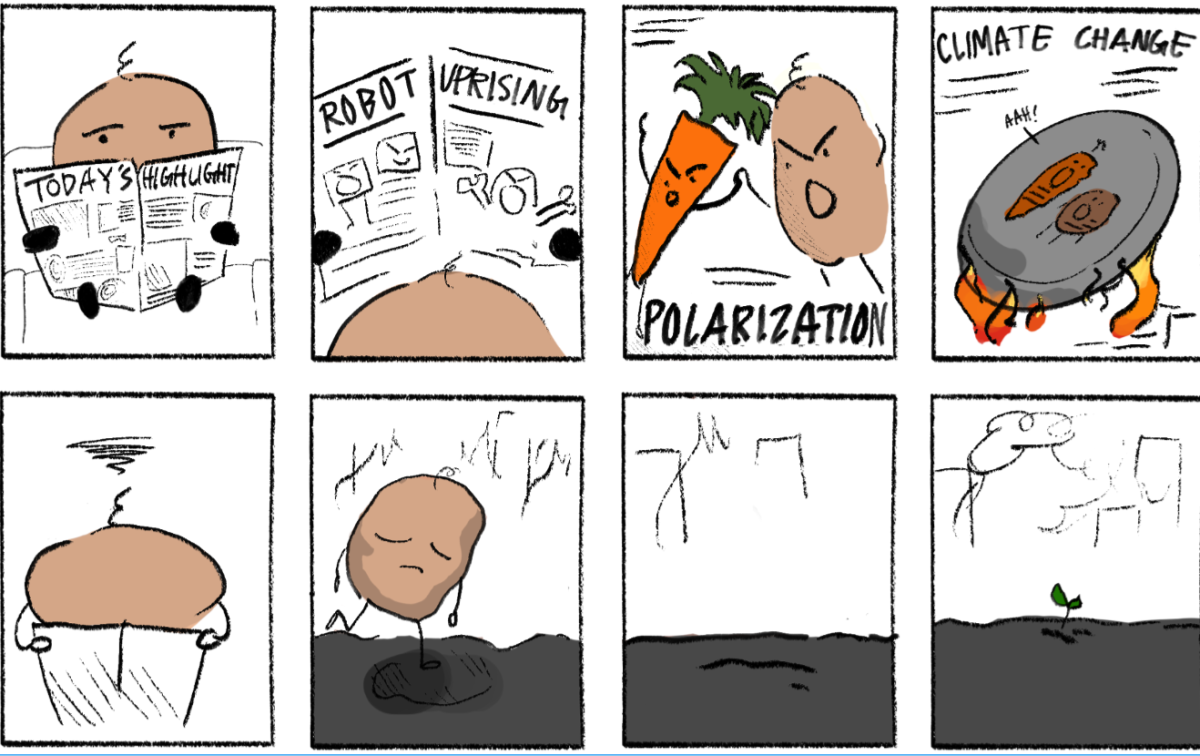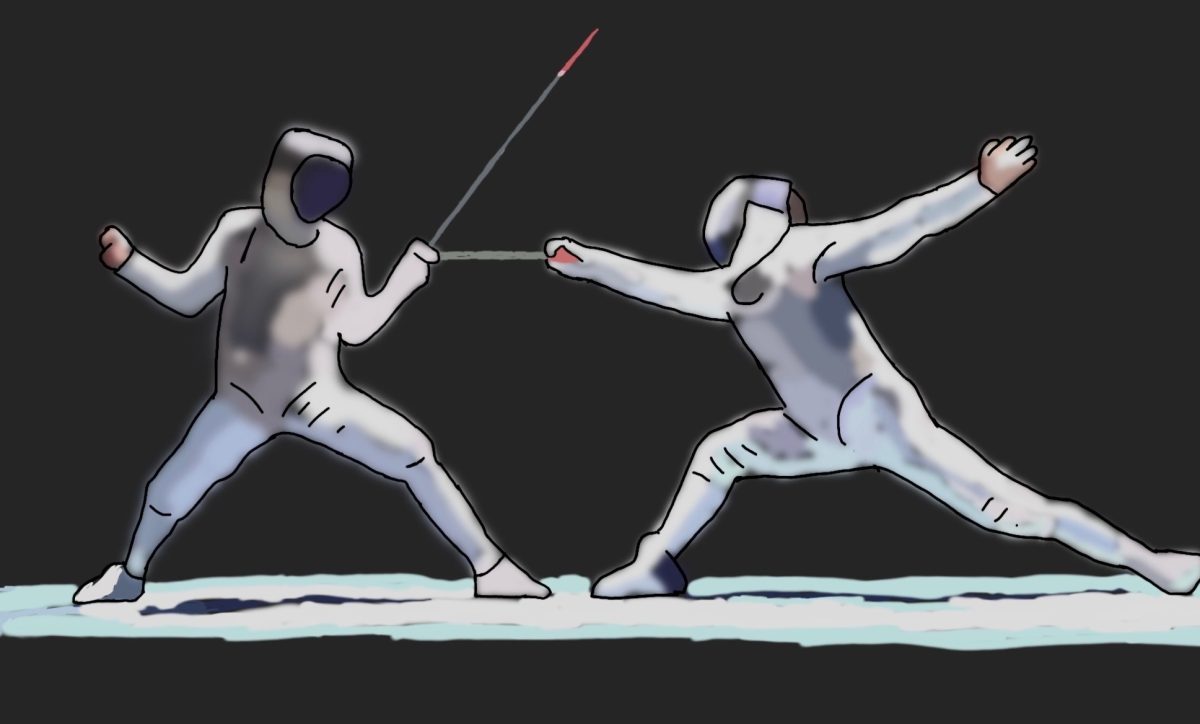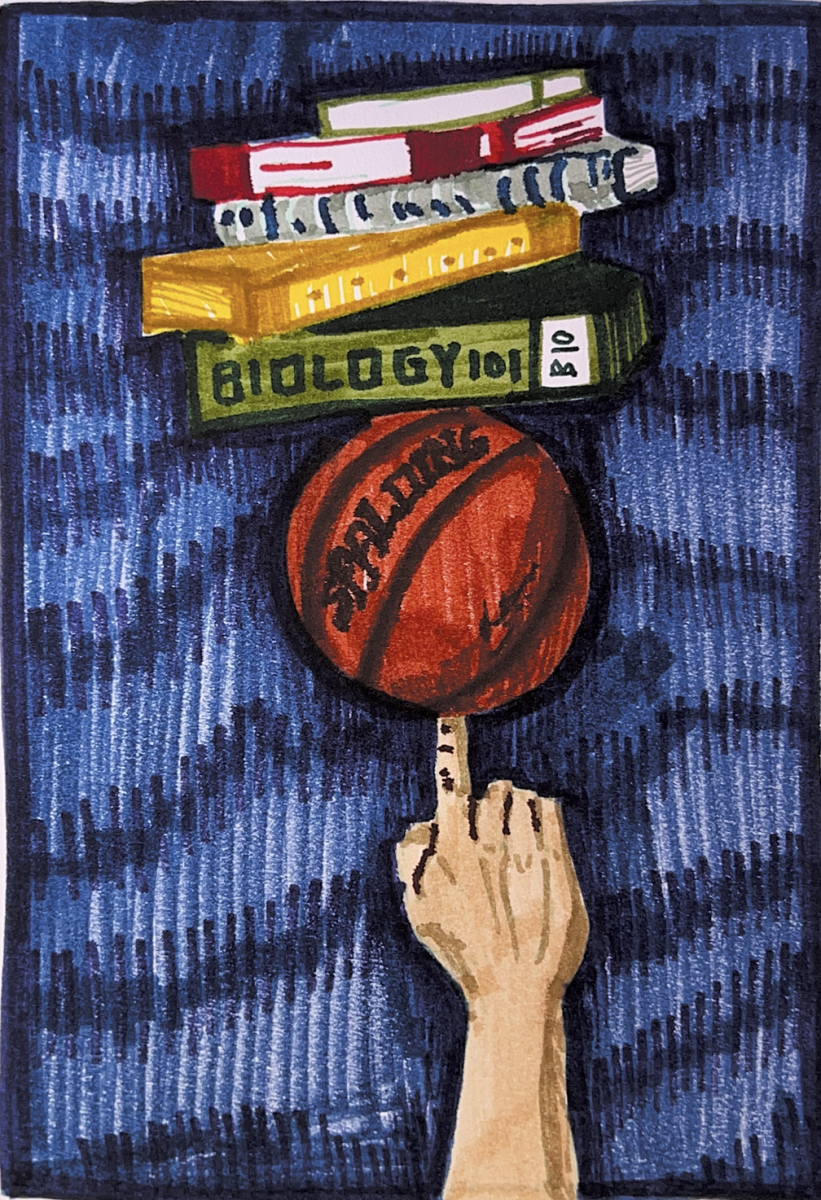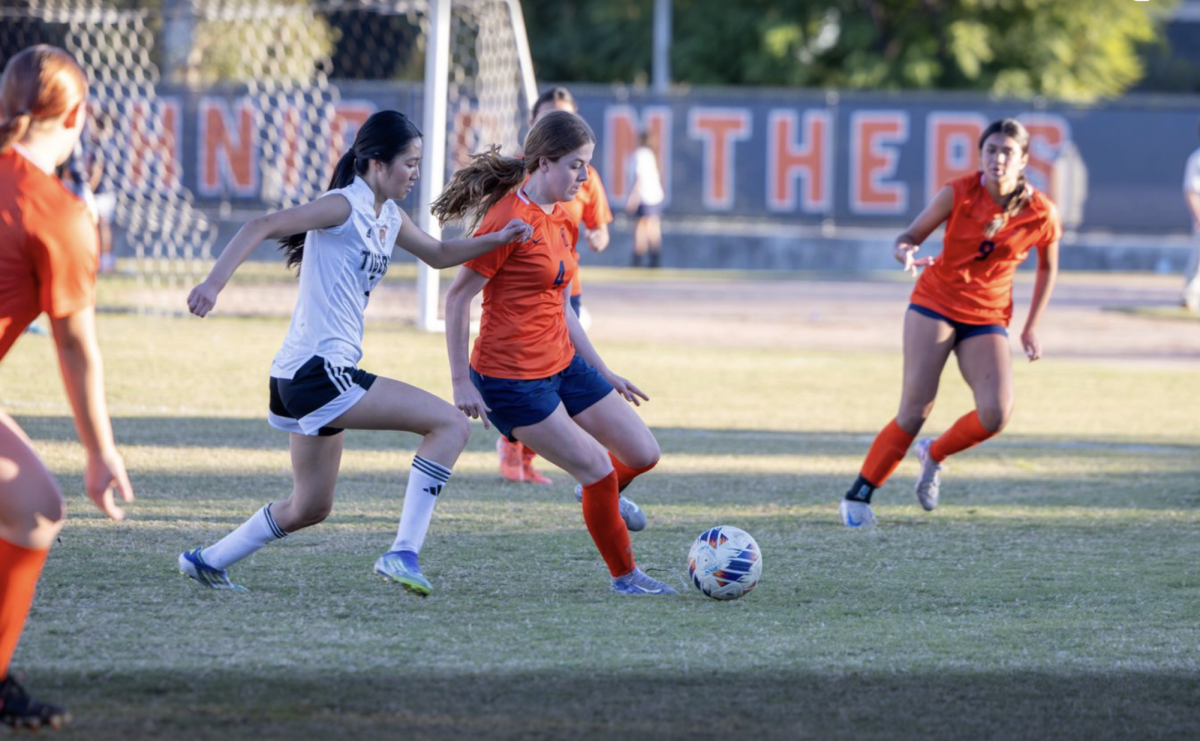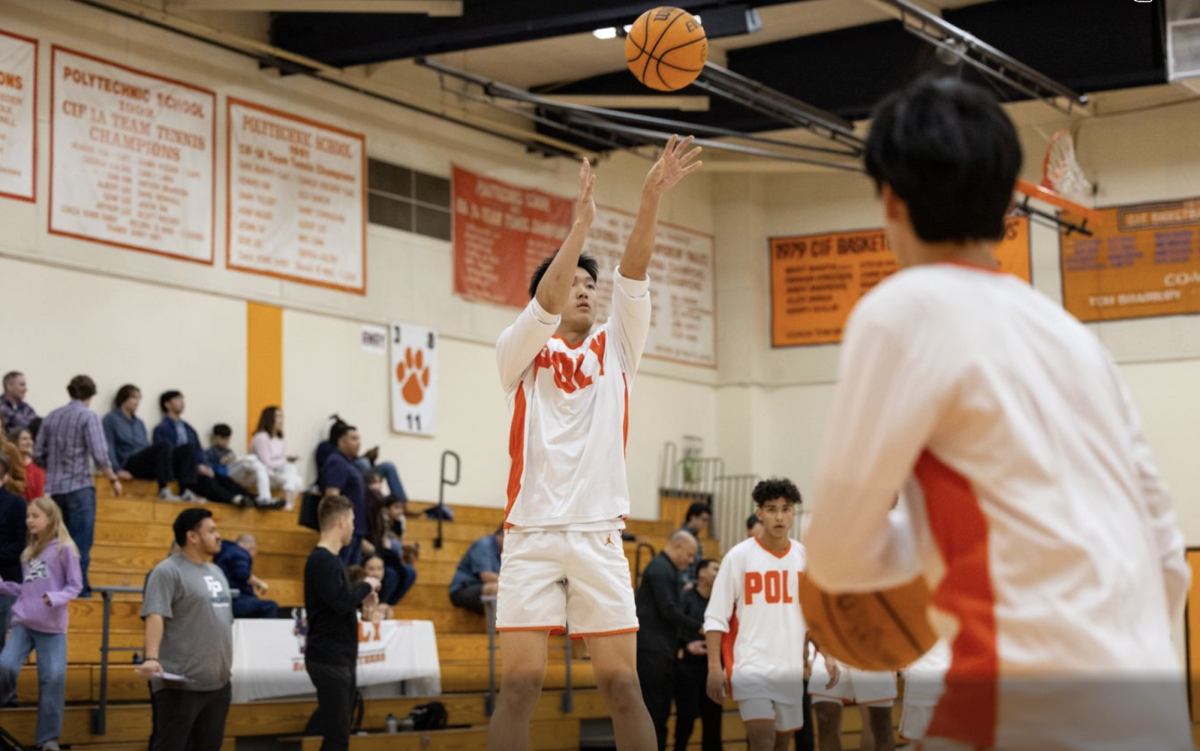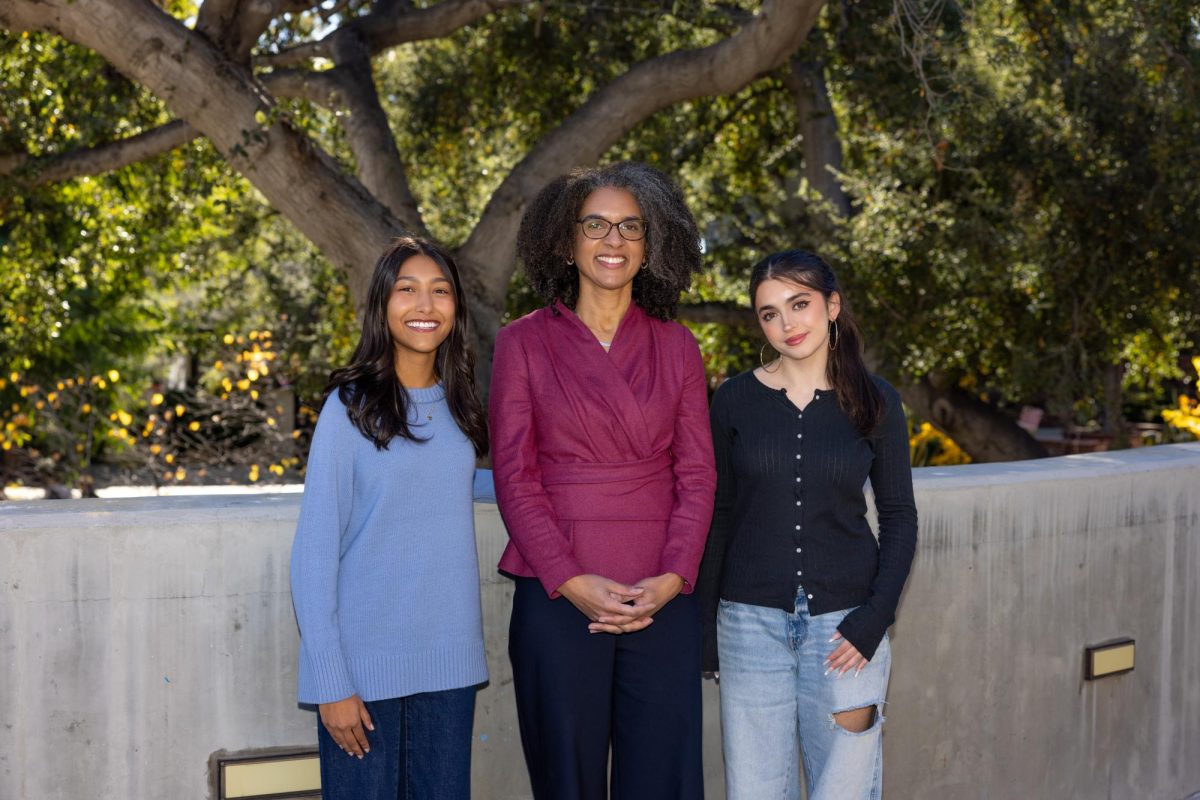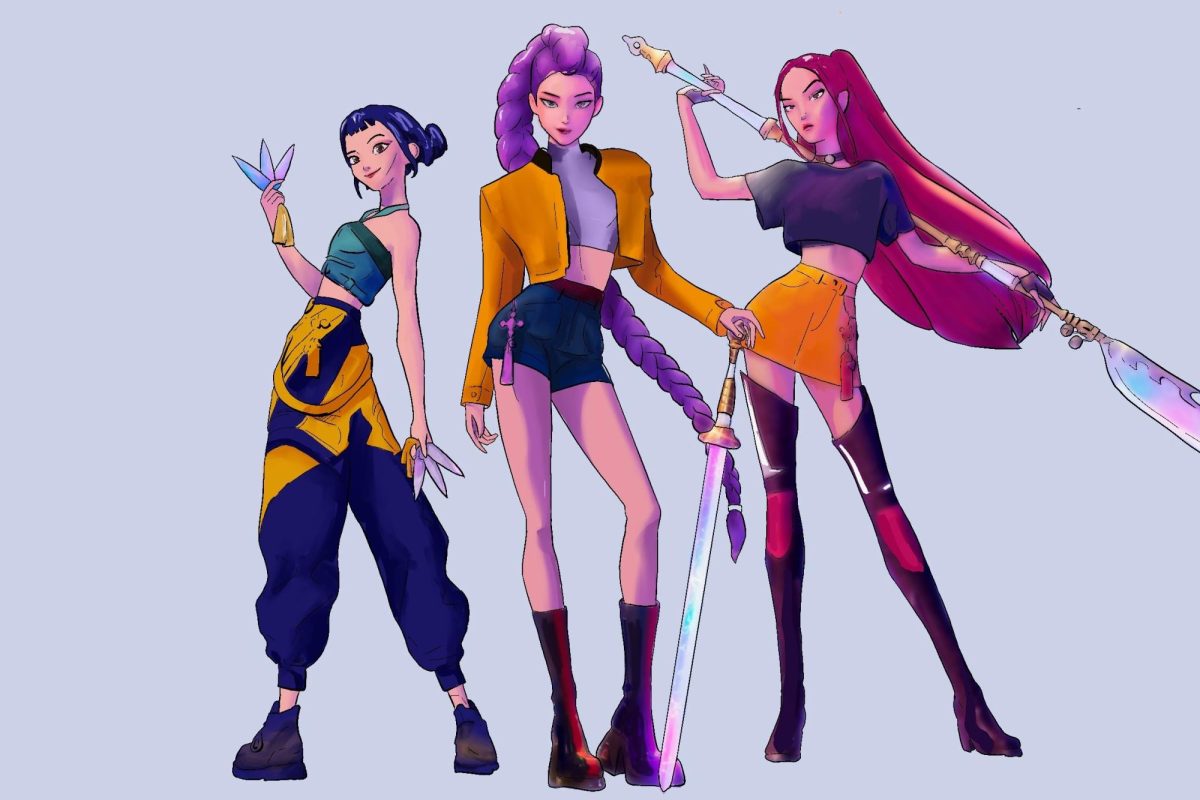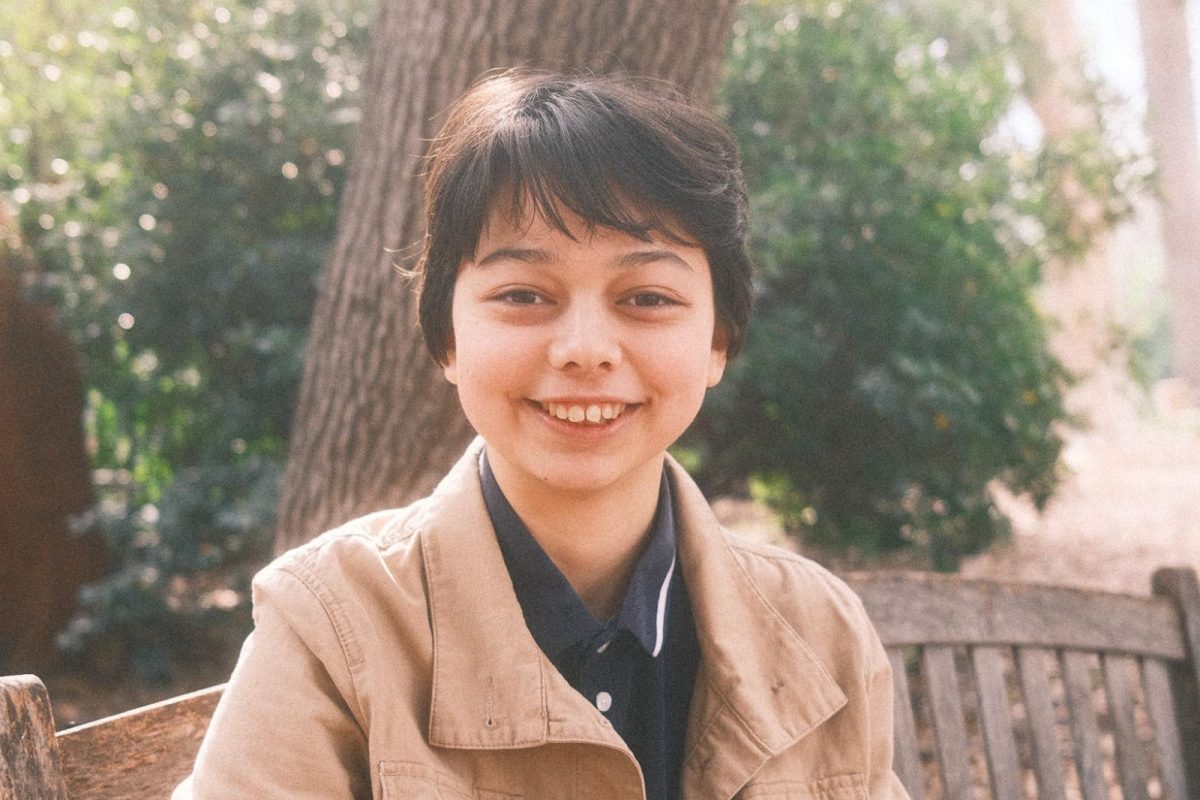“K-Pop Demon Hunters” is everywhere right now. Teenagers, kids and even adults are raving about it, and the fanfare has been filling up my social media feed for the past month. I watched the movie a few weeks ago with my sister, and although I tried to go in with an open mind, I must admit that the title alone made me skeptical. It’s the kind of title that feels like a self-parody. “Demon Hunters” would have been okay, but slapping on “K-Pop” made it sound like a feature-length YouTube ad or some improv group’s attempt at comedy.
Before I go further, I want to preface that I know this is an animated children’s movie, and I’ll critique it as such. I don’t inherently dislike children’s films – “Paddington 2” made me cry, and I’ll defend it forever – so I know they can be clever and well-crafted. This one, though, just wasn’t.
I heard so much about this movie before I watched it. Everyone I talked to thought the visuals were great, the Saja Boys (five demons disguised as K-pop idols) were super cute, and the love story was adorable. For the sake of those who still want to see it, I won’t spoil the plot, though I’d argue there’s not much worth spoiling. The plot twists were predictable, and the romance felt shallow and rushed. Much of the emotional weight people rave about seems to come less from the movie itself and more from the fanbase filling in gaps with their ideas. The romance plotline of the movie exists mainly in stories made by fans, and character development was implied rather than shown. Engagement is good, but if viewers have to write half the story for you, that might be a problem.
Most fans of this movie argue that the music is good. I’m not really a K-pop person, but I respect that many love the genre (and I also don’t want to receive any threats in my mailbox after writing this article). Personally, I find most K-pop too formulaic – there’s a catchy hook, a verse for each member and a big melodic chorus. To me, most K-pop sounds like it came from some AI pop generator. So, to combat the bias I had going into the movie, I also interviewed sophomore Kylie Cameron, who ended up having opinions similar to mine. She feels relatively neutral about K-pop, but the songs in this movie are where she draws the line.
“The songs sound like they came from a computer,” shared Cameron. “Also, what does ‘I’m your little soda pop’ mean? I’m very confused.”
The songs are undeniably catchy, but they didn’t feel special or memorable beyond that. The main vocalist has talent, but the songwriting itself felt hollow for a movie that hinges on music as a force to protect humanity and spread happiness.
I’ll give credit where it’s due: the backgrounds and settings were vibrant, the colors popped, and there was some creative world-building. That said, the character designs weren’t very impressive – they all had nearly identical faces, identical builds, just swapped-out hairstyles.
Cameron agreed with me: “They looked AI-generated.”
In the end, “K-Pop Demon Hunters” wasn’t the worst movie I’ve seen – that title belongs to “The Storied Life of A.J. Fikry”––but it was painfully overhyped. Kids will love it, and teens seem to love this movie too, though I can’t quite figure out why. For me, the movie was all flash and no substance, so I’ll give it a 2/5. Okay visuals, everything else forgettable.


